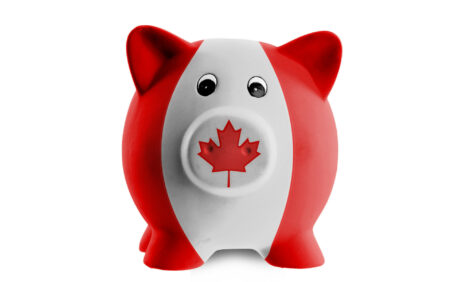



Pork Checkoff introduces the Swine Welfare Assurance Program SM
US - The Pork Checkoff’s Swine Welfare Assurance ProgramSM (SWAPSM) is now available to all U.S. pork producers as the first objective and voluntary program to measure welfare of swine on the farm.
|
This educational assessment will allow producers to evaluate and benchmark the care and welfare of their animals, and address any welfare concerns in a scientifically sound manner.
“Animal welfare is a priority for pork producers,” said Kathy Chinn, a producer from Clarence, Mo. and chairman of the Pork Checkoff Animal Welfare Committee. “This voluntary program is a very important tool in helping producers evaluate their production. It also shows customers and retailers we take our tradition of responsible animal care through scientifically sound animal care practices very seriously.”
Because markets eventually may require producers to follow welfare guidelines, SWAP is intended to give producers the ability to show they are practicing science-based production practices, in a practical, producer-developed and producer-implementable way.
“SWAP was over three years in the making,” said Chinn. “The reality of the program is that it incorporates the latest scientific production principles into a program that is practical and user-friendly to any producer. SWAP can be applied to any production system, regardless of size, type or geographical location. So now, all producers have a tool to assist in measuring and tracking welfare on the farm and to use that to help them produce pork humanely and efficiently.”
SWAP, which was developed by a panel that included international welfare experts, veterinarians and pork producers, has the look of the Pork Quality Assurance™ Program in its use of nine Care and Well-being Principles for all pork production. Those principles give guidelines for evaluating on-farm welfare in two phases: 1) gilts, sows, boars, and neonatal pigs and 2) nursery and finisher pigs.
The nine Care and Well-Being Principles in SWAP are:
- Herd Health and Nutrition, which covers six areas of record-keeping, including records that document: veterinarian-client-patient relationship; the herd health program; medication and treatment records; mortality; pigs euthanized; and the pigs’ nutritional program.
- Caretaker Training, which focuses on the husbandry skills training of all caretakers. This section evaluates the operation’s training programs in euthanasia, handling and husbandry, as well as what career development opportunities are taken by the producer and employees.
- Animal Observation, which helps to verify that other aspects of the welfare program are successfully extended to the animals. This includes daily observations, animal evaluation, swine behavior and pig social contact.
- Body Condition Score, which is crucial to evaluating the adequacy of the nutrition program.
- Euthanasia, which evaluates the operation’s euthanasia action plan. These factors include timeliness, methods and the use of functional equipment.
- Handling and Movement, which evaluates proper handling, facility considerations and equipment used to move the animals.
- Facilities, which helps to evaluate facilities for: ventilation, heating and cooling, physical space to accommodate the body, pen maintenance, feeder space, water availability and the availability of a hospital pen.
- Emergency Support, which uses a working emergency support system and a written action plan to provide direction in case of an emergency.
- Continuing Assessment and Education, which helps improve management skills. Producers are encouraged to access the latest Checkoff information about practices related to animal care, husbandry and welfare.
The on-farm voluntary assessments will be performed by Certified SWAP EducatorsSM (CSEs), who have been trained and tested on evaluating animal welfare to assure they are familiar with the program and how it applies to pork producers. To locate a CSE, contact state Swine Extension, the state pork producer office, or the Pork Checkoff Service Center at 800-456-PORK or www.porkboard.org.
“SWAP has generated a lot of excitement in the pork industry,” said Chinn. “This is a valuable, proactive program for America’s pork producers to stay on the forefront of sound production principles and continue to do the right thing.”
Source: National Pork Board - 6th August 2003













